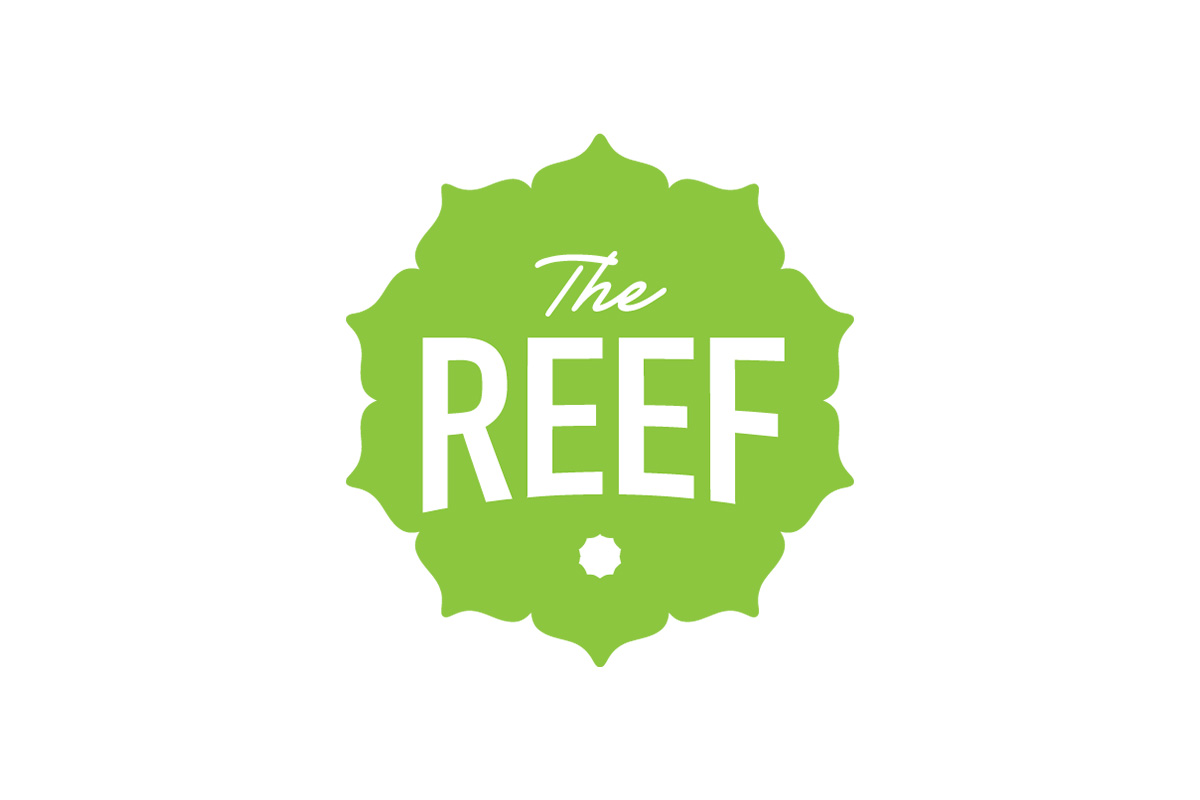
NJ Regulator Announces New Multi-Faceted Efforts to Curb Problem Gambling
Attorney General Matthew J. Platkin and Division of Gaming Enforcement (DGE) Director David Rebuck announced several new initiatives to bolster the office’s existing responsible gaming efforts: establishing a new position dedicated to responsible gaming, setting new advertising standards for operators, and simplifying access to self-exclusion for players struggling with a gambling disorder.
Attorney General Platkin made the announcement as he delivered the keynote speech before regulators and industry representatives at the East Coast Gaming Congress held at the Hard Rock Hotel & Casino in Atlantic City.
These latest efforts build on DGE’s groundbreaking Responsible Gaming Initiative announced in early February, which utilizes data on players’ gaming activity to determine if they might be suffering from a gambling disorder and offers them help.
“As New Jersey’s gaming and sports wagering industries continue to grow and mature, so do our obligations to assist patrons who are at risk for problem gambling,” said Attorney General Platkin. “By establishing a dedicated, senior level position within the Division of Gaming Enforcement to focus on responsible gaming, we are sending a clear message that we take this work seriously – and so should the industry. Our other initiatives announced today will help protect consumers and make it easier for individuals to access the help they need when their gaming behavior becomes problematic.”
“We have seen tremendous growth in sports wagering and online gaming in New Jersey,” said DGE Director David Rebuck. “In the face of that boom, we have a duty to protect the public from advertising that could be misleading or harmful. And for those in the grip of gambling addiction, we need to offer as many exit ramps from their condition as possible.”
DGE will establish a new position, the Responsible Gaming Coordinator, who will handle all issues impacting responsible gaming and ensure progress on existing initiatives. The Coordinator, which is to be filled by an experienced attorney, will report directly to the DGE Director and identify gaps and problems before engaging with stakeholders to develop recommendations to advance the state’s responsible gaming work.
The announcement comes as online and sports gambling continue to gain popularity in New Jersey. DGE’s March 2023 gaming revenue results showed that for that month, online gaming win reported by casinos and their partners was $165.7 million, a rise of 17.8 percent compared to $140.7 million for March 2022. Sports wagering gross revenue reported by casinos, racetracks, and their partners was $93 million for March 2023, a 40.1 percent increase compared to last March.
In addition, the initiatives announced today include new online and sports gambling advertising standards, which make it clear that operators must make responsible gaming a priority through the following:
- displaying prominently New Jersey’s 1-800-GAMBLER hotline in their ads;
- ending dubious promises of “guaranteed wins” or “risk-free” bets if the patron will not be fully compensated for the loss of their funds;
- making wagering requirements clear in their terms and conditions;
- limiting advertising in locations where it would entice those under 21 years of age to play; and
- providing the public with the ability to swiftly opt out of direct advertising.
The full list of 15 advertising best practices can be found here.
DGE will also be making it easier for players with problem gaming behaviors to exclude themselves from gaming.
New Jersey’s existing voluntary self-exclusion program allows players to voluntarily prohibit themselves from accessing casinos’ gaming floors through in person appointments with specially trained DGE staff, or from online gaming through DGE’s online application.
Now DGE will be taking it further. Today, Attorney General Platkin announced that DGE will create a video-conference option to make it easier for players to escape from problem gambling without having to leave their homes.
Also, ahead of the busy summer season, DGE will establish a 24/7 hotline dedicated to assisting people with questions about the self-exclusion program and the process for signing up.
“The increase of online gambling opportunities, access and the amount of advertising has put many more people in New Jersey at risk for problem gambling. These measures will help enforce and expand responsible gaming, and will be bolstered with the establishment of a Responsible Gaming Coordinator,” said Felicia Grondin, Executive Director of the Council on Compulsive Gambling of New Jersey. “The standards outlined today reflect the Attorney General and DGE’s resolve to promote responsible play and make help available to those faced with a gambling addiction. We are grateful for the State of New Jersey’s efforts to focus on problem gambling and promote responsible gambling practices; they are needed now more than ever.”
“We congratulate Attorney General Platkin and DGE Director David Rebuck for their continued leadership in responsible gambling. The initiatives announced today further bolster responsible gambling protections and reduce barriers for people seeking help,” said Keith Whyte, Executive Director of the National Council on Problem Gambling. “We hope regulators across the country will emulate New Jersey, including by working with the National Council on Problem Gambling and our state affiliate chapters, such as the Council on Compulsive Gambling of New Jersey.”
Today’s announcements follow the introduction, at the beginning of this year, of DGE’s Responsible Gaming Initiative to monitor player behavior for red flags indicative of a gambling disorder. Player data already captured by operators began being used to uncover potential problem gambling patterns, such as an individual’s gambling time increasing from week to week or a player wagering until they have less than one dollar in their accounts.
Gamblers exhibiting warning signs are now approached using various circumstance-dependent interventions, including progressive responses if the indications of a potential disorder keep recurring after attempts are made to assist. At level one, a patron receives automated outreach regarding responsible gaming resources. If the warning signals continue, the patron is shown a video tutorial explaining responsible gaming and available resources before being allowed to continue gambling. At the third level, the operator’s responsible gaming lead or team will directly contact and address the issue with the patron.









